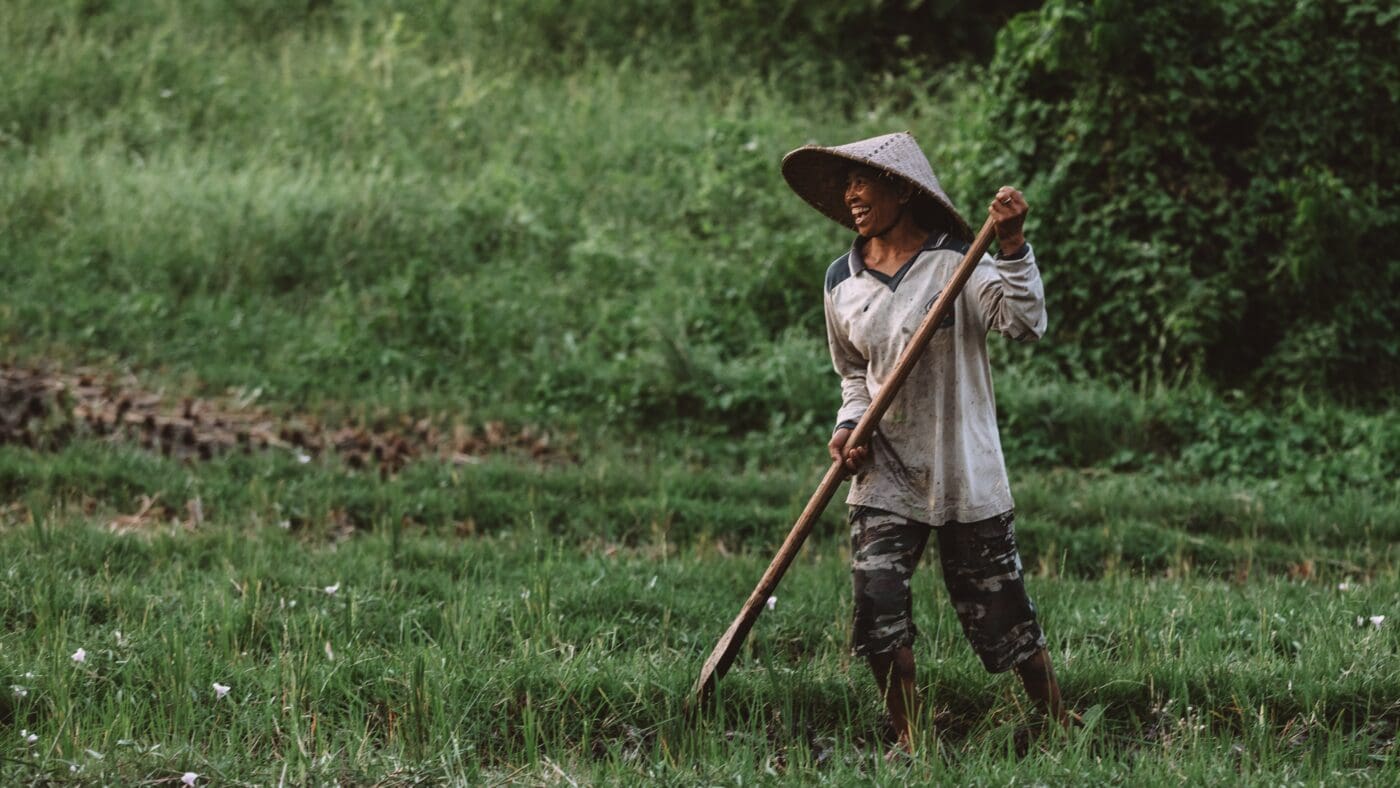
Indonesia:
Diverse, Growing, Hungry
Across its 13,000 islands, Indonesia is making progress towards Zero Hunger: but it still faces deep challenges of limited food access, malnutrition, gender inequality, and serious vulnerability to climate disasters. But we’re working with the government to shore up food security and emergency response systems to reach the most vulnerable.
A triple burden of malnutrition is a growing concern in Indonesia: the lack of affordability of diverse and nutritious diets is pushing people into hunger.
people are unable to meet their dietary requirements
of children under 5 are stunted
population
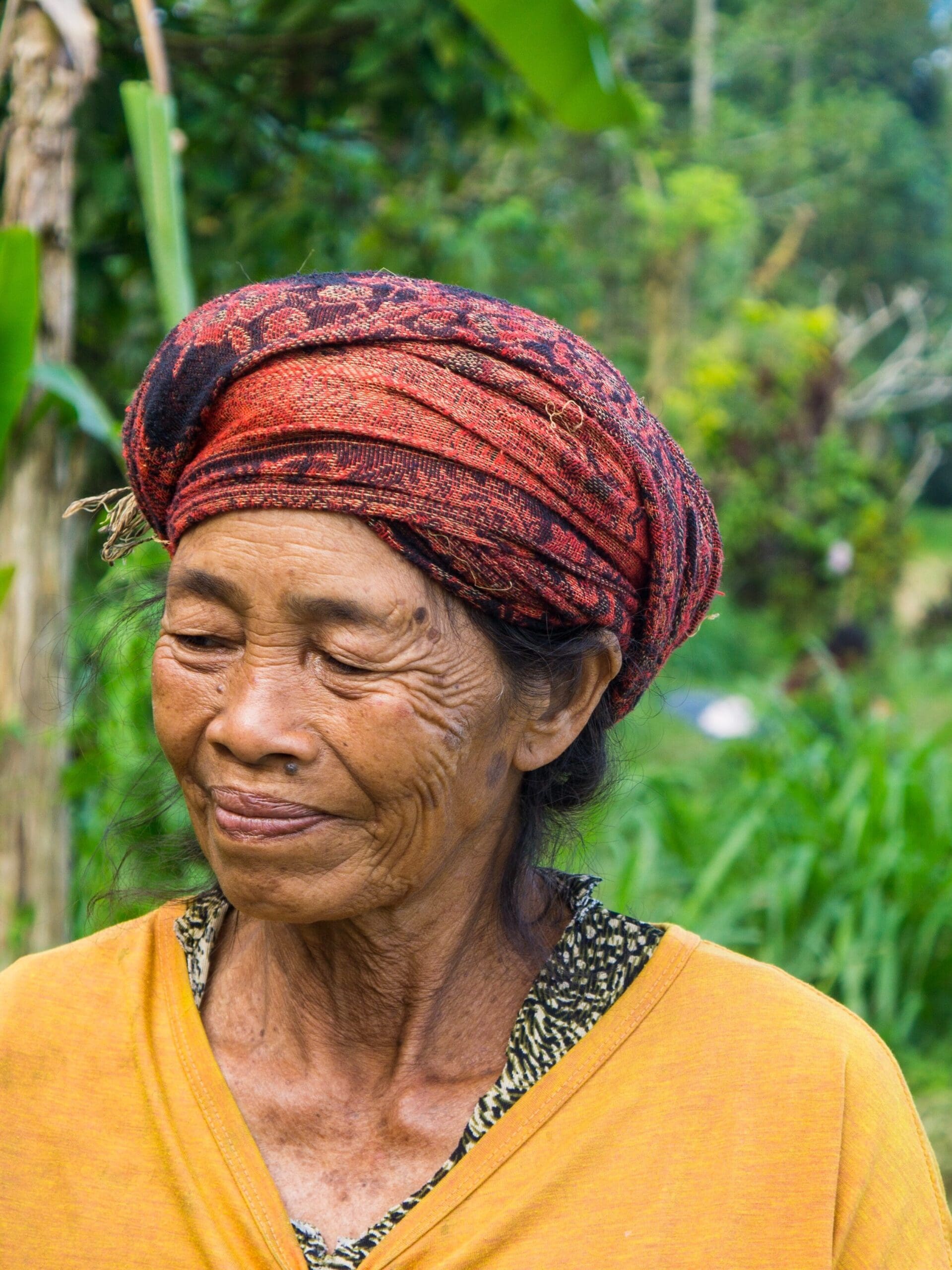
A complex image of hunger
Indonesia is a lower middle-income country and the largest economy in Southeast Asia. Rapid economic growth over the past ten years, coupled with significant government investments in social development, transformed the lives of millions of people and allowed the country to halve the number of undernourished people by 2015. But hunger remains.
The COVID-19 pandemic has exacerbated the challenges of malnutrition, and reversed years of progress in reducing poverty and food insecurity. The national poverty rate increased to double digits in 2020, reaching 10 percent and setting back three years of improvement. Similarly, the prevalence of undernourishment, which had decreased significantly to 7 percent in 2019, reached 8 percent after the pandemic hit the country.
Meanwhile, high stunting and wasting rates coexist with increasing rates of overweight and obesity. Almost 31 percent of children under five suffer from stunted growth due to malnutrition, with a higher prevalence in farming families or those or who live in slums. Almost 1/4 of the population is anaemic. At the same time, an increasing number of people over the age of 15 are overweight or obese, rising from 19 percent in 2007 to 35 percent in 2018.
WFP’s WORK IN INDONESIA
The Government of Indonesia is fully committed to achieving the UN’s Sustainable Development Goals. We’re on the ground working in close collaboration to help them reach their aims by decreasing malnutrition, reducing stunting and much more.
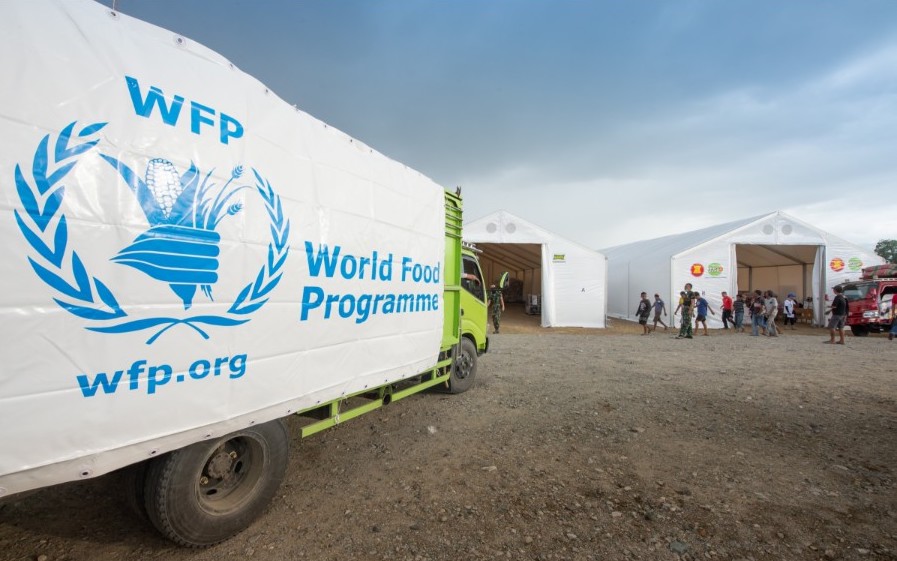
WFP supports the government in improving its food security early warning and monitoring systems, enabling policymakers to base their decisions on up-to-date evidence and enhanced analysis.

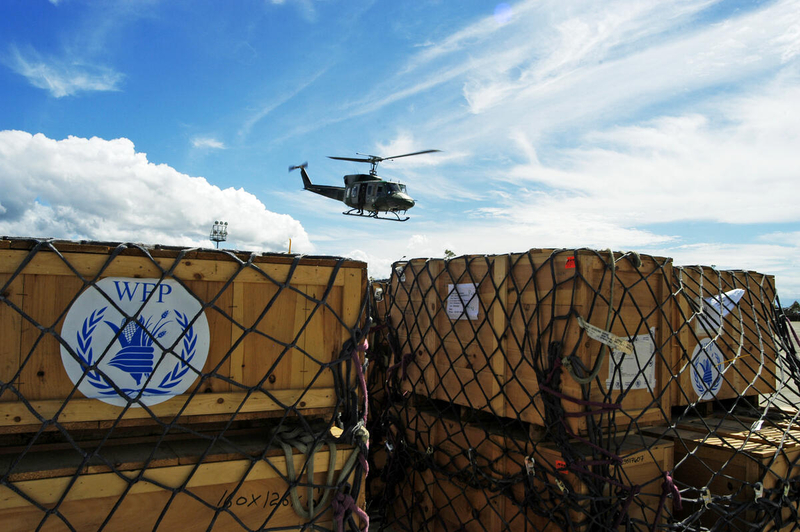
WFP works with the government on strengthening multi-stakeholder partnerships, coordination and capacities for enhanced response to natural disasters and climate change.

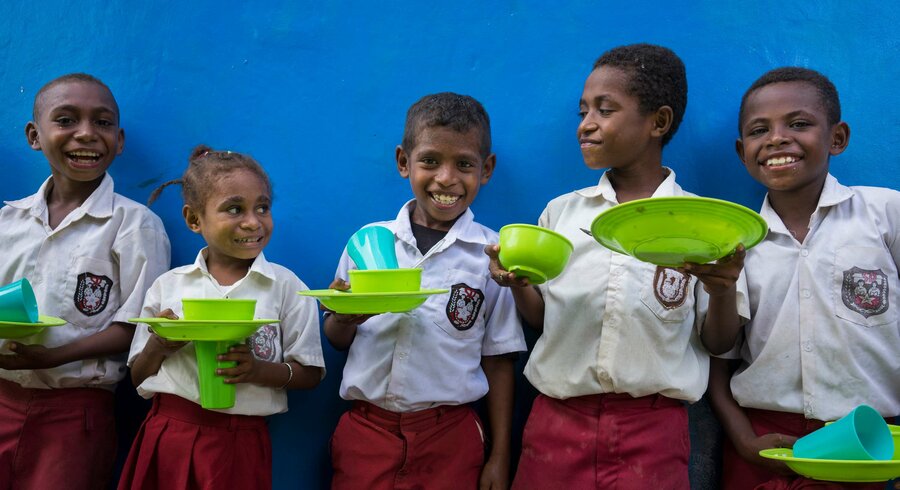
WFP advocates for and promotes healthy and affordable diets throughout the life cycle to prevent all forms of malnutrition.

Help Save Lives by Sending Food
You can help deliver food to vulnerable populations in Indonesia & other countries by donating to WFP.